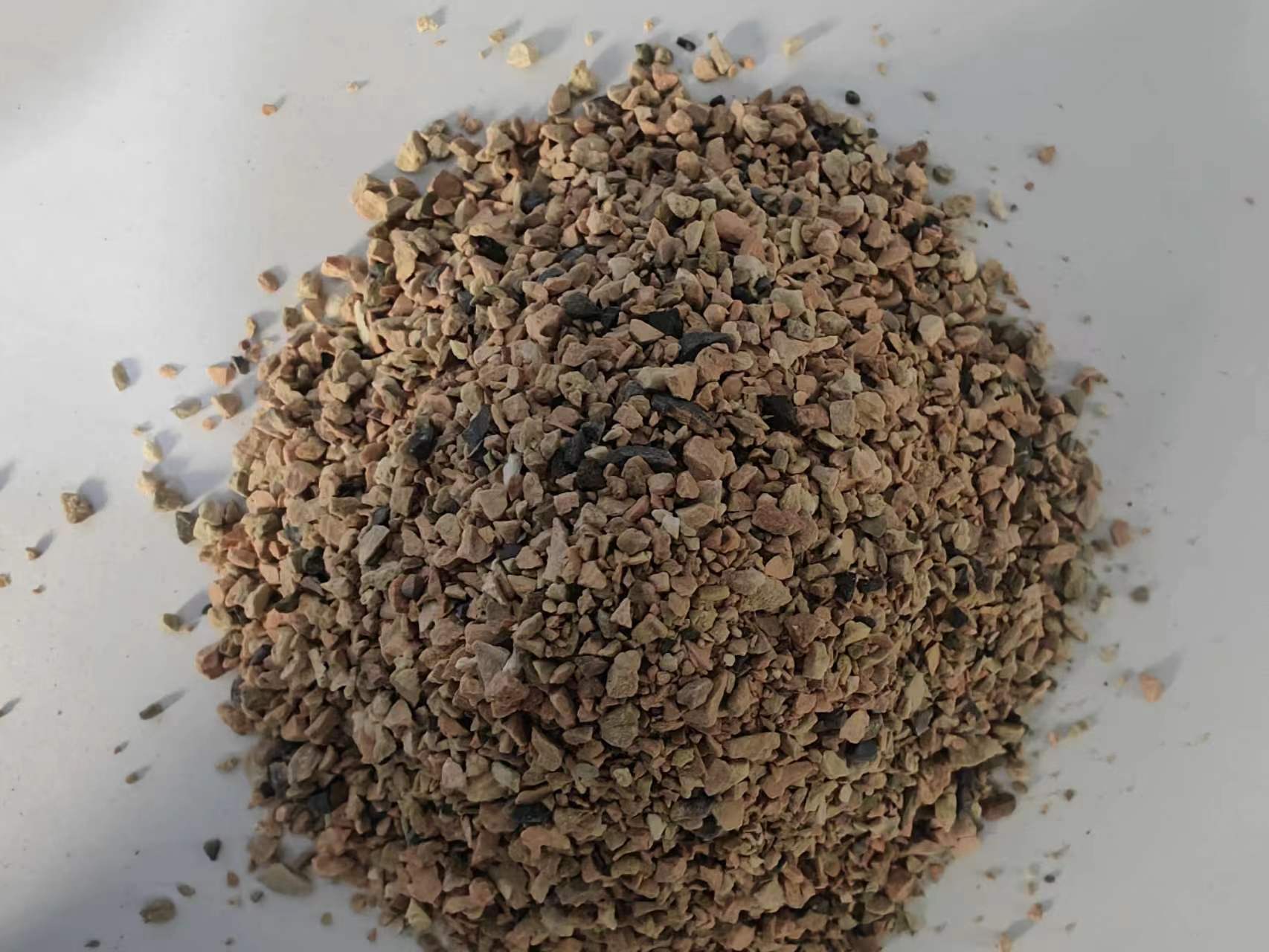Oct . 12, 2024 11:53 Back to list
Exploring Thermal Insulator Materials in China and Their Applications in Modern Technology
Thermal Insulator Materials in China A Comprehensive Overview
Thermal insulation plays a crucial role in energy conservation, temperature control, and comfort in various applications, from the construction of buildings to the manufacturing of industrial components. In recent years, China has emerged as a key player in the production and development of thermal insulator materials. This article provides a comprehensive overview of the types of thermal insulator materials produced in China, their applications, and the advancements in technology that have enhanced their performance.
Types of Thermal Insulator Materials
1. Fiberglass Insulation Fiberglass is one of the most widely used thermal insulators in China. It is made from fine glass fibers and is known for its excellent thermal resistance and cost-effectiveness. Fiberglass insulation is commonly used in residential and commercial buildings to reduce heat loss in attics, walls, and floors. Its lightweight nature and ease of installation contribute to its popularity.
2. Polystyrene Foam This material is available in two primary forms expanded polystyrene (EPS) and extruded polystyrene (XPS). Both have excellent thermal insulation properties and are widely used in the construction sector. In China, polystyrene foam is used in a variety of applications, including wall insulation, roof insulation, and even packaging materials due to its lightweight and durability.
3. Polyurethane Foam Polyurethane (PU) foam is a highly efficient thermal insulator that offers superior insulation properties compared to many other materials. Its versatility allows it to be used in a range of applications, from refrigeration to building insulation. The Chinese market has seen significant growth in the production of PU foam due to its effectiveness in reducing energy consumption.
4. Mineral Wool Made from natural or synthetic minerals, mineral wool has excellent fire-resistant qualities along with thermal insulation properties. In China, mineral wool is commonly used in fireproof construction materials, HVAC systems, and industrial applications. Its ability to withstand high temperatures makes it a preferred choice in settings where fire safety is paramount.
5. Cellulose Insulation An eco-friendly alternative, cellulose insulation is made from recycled paper products. With growing environmental awareness, cellulose has gained popularity in China as a sustainable option for thermal insulation. It is often used in wall cavities and attics, providing excellent thermal resistance while being biodegradable.
china insulator materials thermal insulator materials

Applications of Thermal Insulator Materials
Thermal insulator materials find applications across various sectors in China. In the construction industry, they are essential for meeting regulatory standards for energy efficiency and thermal comfort. The automotive industry also utilizes these materials to enhance vehicle insulation, improve fuel efficiency, and provide comfort to passengers.
In industrial applications, thermal insulators are critical in minimizing heat loss in machinery, piping, and equipment. The rise of the manufacturing sector in China has further accelerated the demand for advanced insulation materials that can withstand harsh conditions and contribute to energy savings.
Technological Advancements
China is at the forefront of research and development in thermal insulation technologies. Innovations such as nanotechnology and advanced aerogel materials have begun to revolutionize the insulation market. These advancements lead to the production of thinner, lighter, and more efficient thermal insulators that surpass traditional materials in performance.
Moreover, the focus on sustainable development and environmental conservation has prompted manufacturers to explore bio-based and recycled materials for insulation production. This shift not only supports China's green initiatives but also caters to the growing demand for eco-friendly alternatives in the global market.
Conclusion
The landscape of thermal insulator materials in China is rapidly evolving, driven by technological advancements and increasing demand across multiple sectors. As the country continues to focus on energy efficiency and sustainability, the evolution of thermal insulation materials will undoubtedly play a pivotal role in supporting various industries' goals. With an array of materials available and a commitment to innovation, China is well-positioned to remain a leader in thermal insulator production for years to come.
-
Fe-C Composite Pellets for BOF: Enhance Steelmaking Efficiency
NewsAug.07,2025
-
Eco-Friendly Granule Covering Agent | Dust & Caking Control
NewsAug.06,2025
-
Fe-C Composite Pellets for BOF: High-Efficiency & Cost-Saving
NewsAug.05,2025
-
Premium Tundish Covering Agents Exporters | High Purity
NewsAug.04,2025
-
Fe-C Composite Pellets for BOF | Efficient & Economical
NewsAug.03,2025
-
Top Tundish Covering Agent Exporters | Premium Quality Solutions
NewsAug.02,2025
